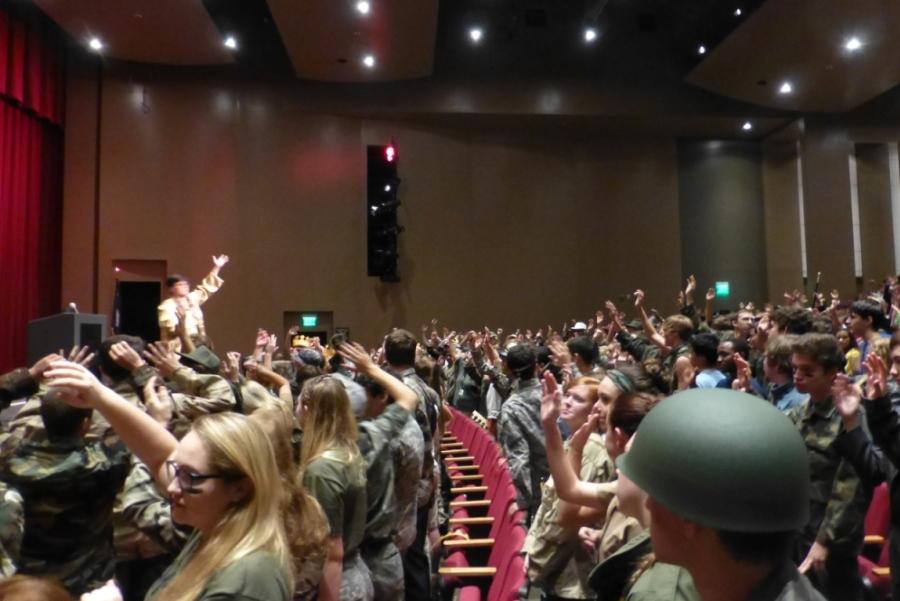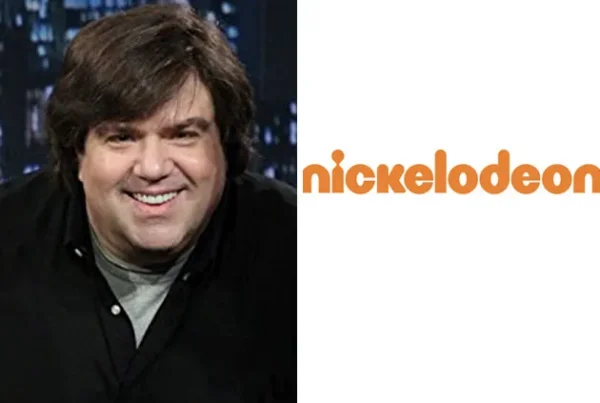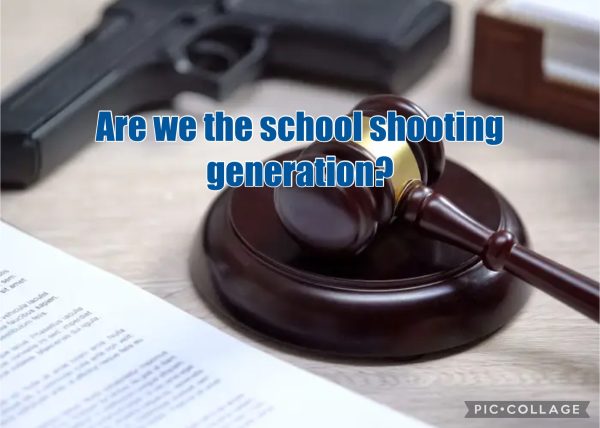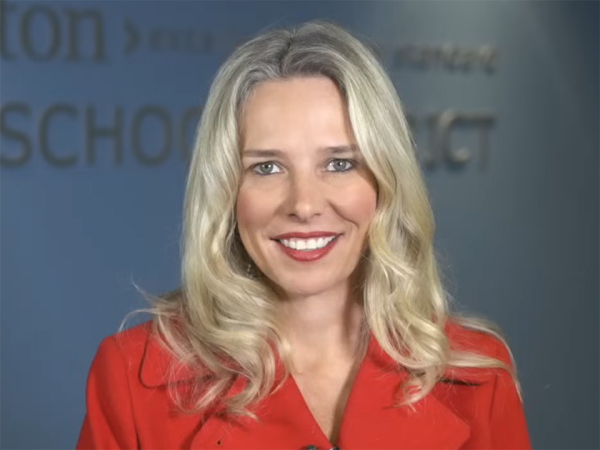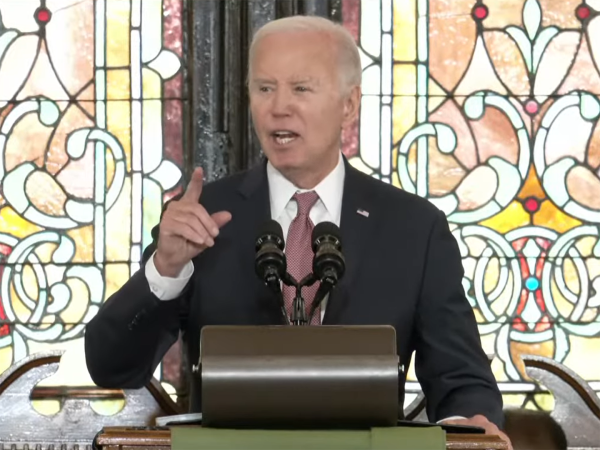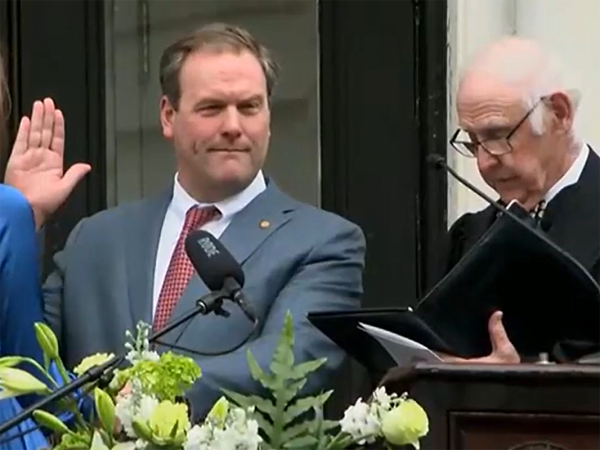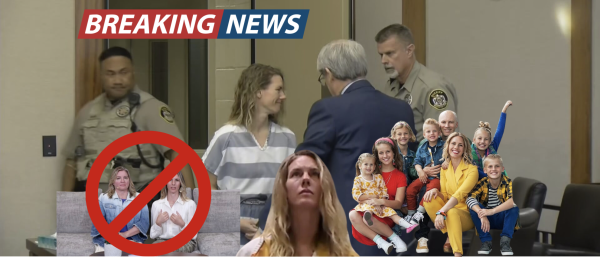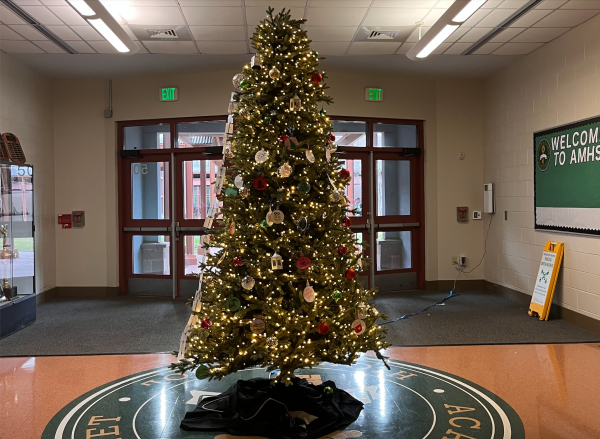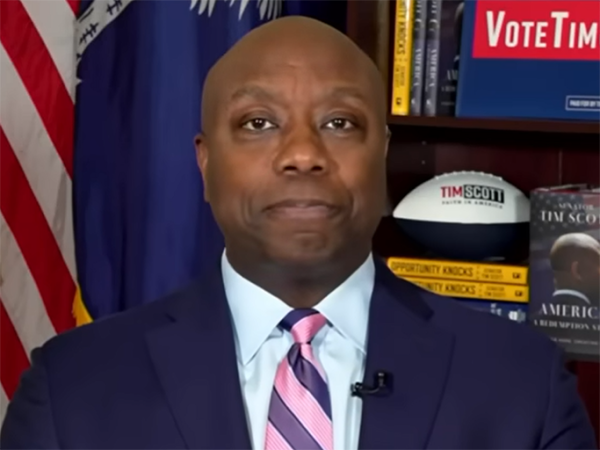Lessons from Career Day: College Fit and College Essays
October 10, 2014
Donning a golden Chinese-style suit, Maria Furtado of Colleges that Change Lives advised the 600+ Magnet students looking forward to college that “finding a fit is the most important thing you can do.”
With Convocation and the first ever PIE-funded career symposium during Spirit Week, Career Day at Magnet on October 1 was the first of its kind. Ms. Furtado animatedly cheered on the Academic Magnet student body in their college search, encouraging students to look past the branding and “ooh factor” of top colleges and instead focus on being “true to who you are.” A college that does not respect your passions, she said, is not the college for you. Moreover, she warned that while journalism likes to shock readers with perfect score students who were denied to their dream colleges, the average admission rate to an American four-year college is 70%. “Many of the jobs you will have don’t exist yet,” Ms. Furtado pointed out, explaining how colleges seek flexible students with the potential to apply new skills in different situations. Finally, she challenged students to “go to three colleges that you’ve never heard of before” and left with the words, “Good luck, be brave.”
Definitely, students should not live their lives for college reps. At the same time, though, Ms. Furtado warned that you should avoid saying “My mother made me come here” at an interview. Schools want students who fit, and students should want schools that fit and inspire them. One way to express to a school how you would fit in is through your college application essays. Maeve Campbell, a senior admissions officer at the University of Chicago, stated that the “Why us?” essay is among the most important qualitative factors in your college application. At her essay-writing presentation to the Class of 2015 following convocation, she advised that students avoid basing their answer to this crucial question on the location of a school or the friendliness of the students. Instead, students should relate facts about the school’s offerings to themselves in context. Is there a specific professor whose research you’ve been very interested in? Are there unique organizations, seminars, classes, and undergraduate opportunities at the school that connect with your passions? Ms. Campbell noted that a well-crafted “Why us?” essay should not be able to have the name of another school or a friend at the top; your response, she said, should be “specific to the school and specific to you.”
Ms. Campbell shared more advice about college application essays. When writing, students should keep in mind “the four T’s:” topic, tone, technique, and time. The topic must be appropriate; many admissions officers would prefer not to read about a student’s adventures with illegal activities or relationships with significant others. In addition, the tone should be along the lines of conversational and engaging. Technique involves correct grammar, spelling, and pleasing use of literary devices. Meanwhile, the fourth T, time, involves the actual process of essay-writing. Ms. Campbell advised that students find out their possible schools’ essay prompts in advance to give randomly triggered memories a chance to inspire a passionately-written essay. Brainstorming before settling on a topic and leaving about one week to edit an essay before submitting it would be ideal as well.
On Career Day, Magnet was filled with doctors, engineers, soldiers, businesspeople, cashiers, McDonalds’ employees, and more. But no matter what career you aspire to, Maria Furtado and Maeve Campbell express that your passions, potential, and determination will get you into your ideal, well-suited college.



